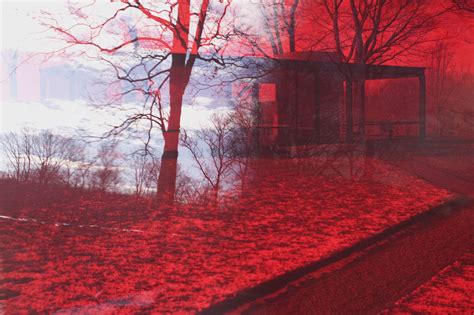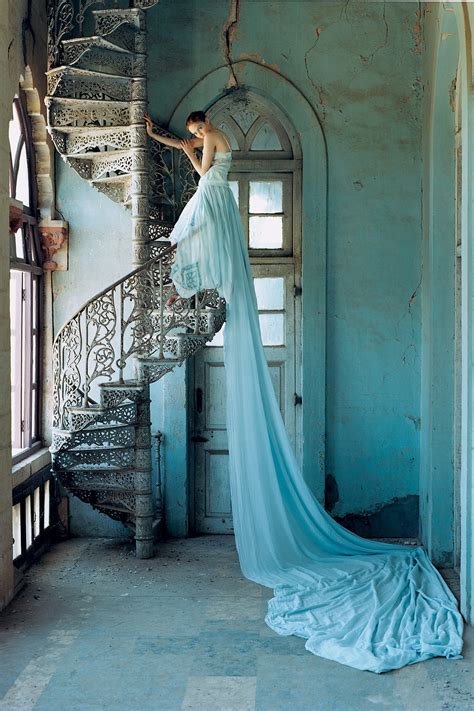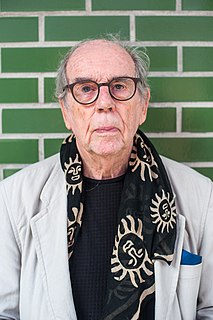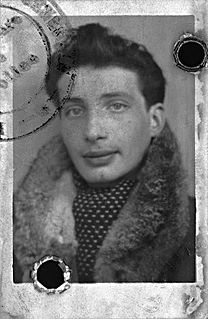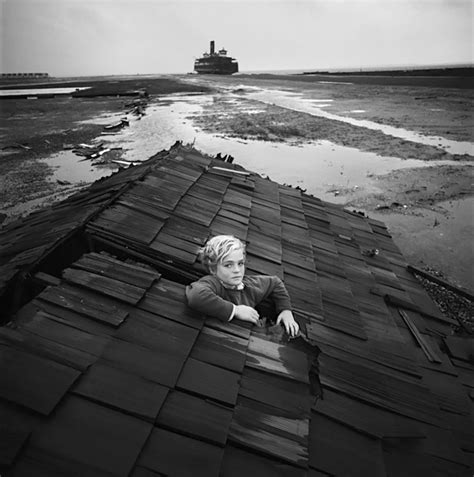A Quote by Alex Webb
... the possibility of one particular photographer's pictures lying around the corner is never realized until the photographer is there. It's one of the enigmas of photography.
Related Quotes
To us, the difference between the #? photographer as an individual eye and the photographer as an objective recorder seems fundamental, the difference often regarded, mistakenly, as separating photography as art from #? photography as document. But both are logical extensions of what photography means: note-taking on, potentially, everything in the world, from every possible angle.
Different levels of photography require different levels of understanding and skill. A "press the button, let George do the rest" photographer needs little or no technical knowledge of photography. A zone system photographer takes more responsibility. He visualizes before he presses the button, and afterwards calibrates for predictable print values.
A photographer is a witness. He has a moral duty. Every picture must be true and honest. I believe a photographer's strength is his ability to accurately record reality. There are photographers who think they are lucky if they find unusual or special subject. But it is never the subject that is so marvelous. It is how alive and real the photographer can make it.
I was fooling around one day and looking at Yahoo! Jobs. I typed in "photo" and, of course, what comes up is "One hour photo lab" or "Be a photographer in Disneyland" or jobs that no one really wants as a photographer. I saw, by chance, this ad that said, "Wanted: Photographer for premieres and Hollywood events" and I thought, "This can not be real. This is ridiculous. No one advertizes this!" I was really suspect about it.
Photography has an amazing ability to capture the fine detail of surface textures. But far too often these intricate patterns are loved by the photographer for their own sake. The richness of texture fascinates the eye and the photographer falls easy prey to such quickly-caught complexities. The designs mean nothing in themselves and are merely pictorially attractive abstractions. A central problem in contemporary photography is to bring about a wider significance in purely textural imagery.
When I first asked to take pictures of women at their homes, I was using my formal camera and I struggled to get the shots because I was still very much in the role of the photographer. Then the next time I had this little digital camera and their response to me would be completely different - I was a friend and I got new kinds of pictures. I was always treading a line between photographer and friend.




